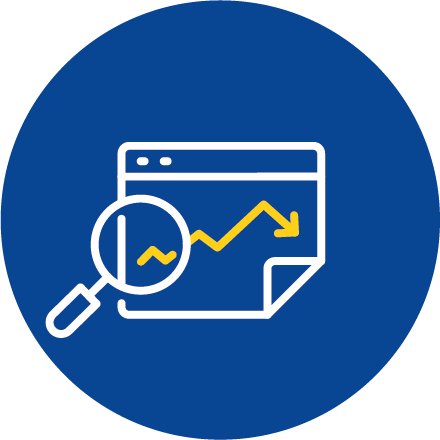The Risk Tax
The Riksdag, the Swedish parliament, on 14 December 2021 decided on the Government’s bill on a so-called risk tax. The Riksdag states that municipal collaboration through Kommuninvest shall no longer be targeted by the tax from 2023 and that the municipal sector during 2022 shall be compensated for the extra costs. Kommuninvest expects the Government to quickly and efficiently create solutions to make this happen.

The bill
The risk tax will apply to credit institutions with liabilities linked to Swedish operations of more than SEK 150 billion. In 2022, 0,05 percent of these liabilities, after certain adjustments, will be paid in risk tax to the state. From 2023, the tax rate will be raised to 0,06 percent. In total, the tax is expected to generate revenues of around SEK 6 billion per year.
Kommuninvest
Kommuninvest, which is owned by 294 municipalities and regions, is a non-profit collaboration to secure cheap and secure loans for the welfare sector. The owners cover Kommuninvest’s liabilities and other commitments through a joint and several guarantee. Funds are raised on the credit market and then lent to municipalities and regions. The large-scale set-up provides lower interest rates and safety in times of crisis. Kommuninvest has run uninterrupted lending operations during the Covid-19 pandemic and the financial crisis in 2008.
Credit rating agencies Moody’s and Standard & Poor’s have for a long time given Kommuninvest, like the Swedish Government, the highest possible credit rating: triple A with a stable outlook. This rating reflects the value and strength of the joint and several guarantee from the municipal sector.
A key argument put forward by the Government is that the tax would compensate for risks that banks and other credit institutions expose the state to. This not particularly relevant to Kommuninvest. If the Government trusts that municipalities and regions will honour their guarantees – and it would be very remarkable if it did not – there is no real risk of that kind when it comes to Kommuninvest.


The Riksdag’s decision
The Riksdag on 14 December 2021 decided on the Government’s bill.
The decision was to adopt the bill. The adoption is however combined with three sharply worded declarations. The first one concerns municipal collaboration.
The Riksdag states that the Government, no later than 1 October 2022, shall present a proposal to ensure that municipal collaboration through Kommuninvest is no longer targeted by the tax from 1 January 2023.
The Riksdag also states that the Government, as soon as possible, shall present a proposal to compensate the municipal sector for the extra costs, which will weigh on social welfare, that the temporary taxation of municipal collaboration through Kommuninvest will entail.
Kommuninvest’s comments:
– We would certainly have preferred Kommuninvest, a low-risk institute, not to be taxed at all. But in this situation, we appreciate that the Riksdag, after a thorough analysis, has come to the same conclusions as we have and now clarifies that the Government must change track when it comes to municipal collaboration, said Linda Frohm, Vice Chairman of Kommuninvest Cooperative Society.
– Even if the most reasonable line would have been to make a full reassessment and introduce the tax only in 2023, we are still positive about the work done by the Riksdag. We expect the Government, in accordance with the Riksdag’s decision, to quickly and efficiently create solutions to ensure that municipal cooperation is not targeted by the tax after 2022 and that the municipal sector in the meantime is compensated for the extra costs. We are ready to cooperate constructively in order to find workable solutions, said Göran Färm, Chairman of Kommuninvest Cooperative Society.

Moving forward
How will Kommuninvest manage the risk tax following the Riksdag’s decision?
- Kommuninvest expects that the Government will deliver on the Riksdag’s declaration. This means that municipal collaboration will no longer be targeted by the tax from 1 January 2023 and that the municipal sector during 2022 will be compensated for the extra costs that the tax entails.
- Kommuninvest calculates on having to pay approximately SEK 255 million in risk tax for 2022. The exact amount will be determined at the beginning of 2022. Since Kommuninvest is run on a non-profit basis, the cost for the tax will ultimately be borne the owners – 294 municipalities and regions.
- For 2022, Kommuninvest’s line is that the tax to the least extent possible will be covered by increased interest rates. The priority is to secure low interest rates for the financing of welfare investments. Instead, the focus will primarily be on savings and efficiencies in the operations as well as on stricter conditions within the framework of the cooperative society. The interest rate that is paid on members’ capital contributions will probably be reduced.
- Kommuninvest will complete the capitalization plan for 2021–2024.
- Kommuninvest will monitor the Government’s work very closely and would be happy to contribute with constructive input and efforts to ensure that well-functioning solutions are developed in accordance with the Riksdag’s declaration.

